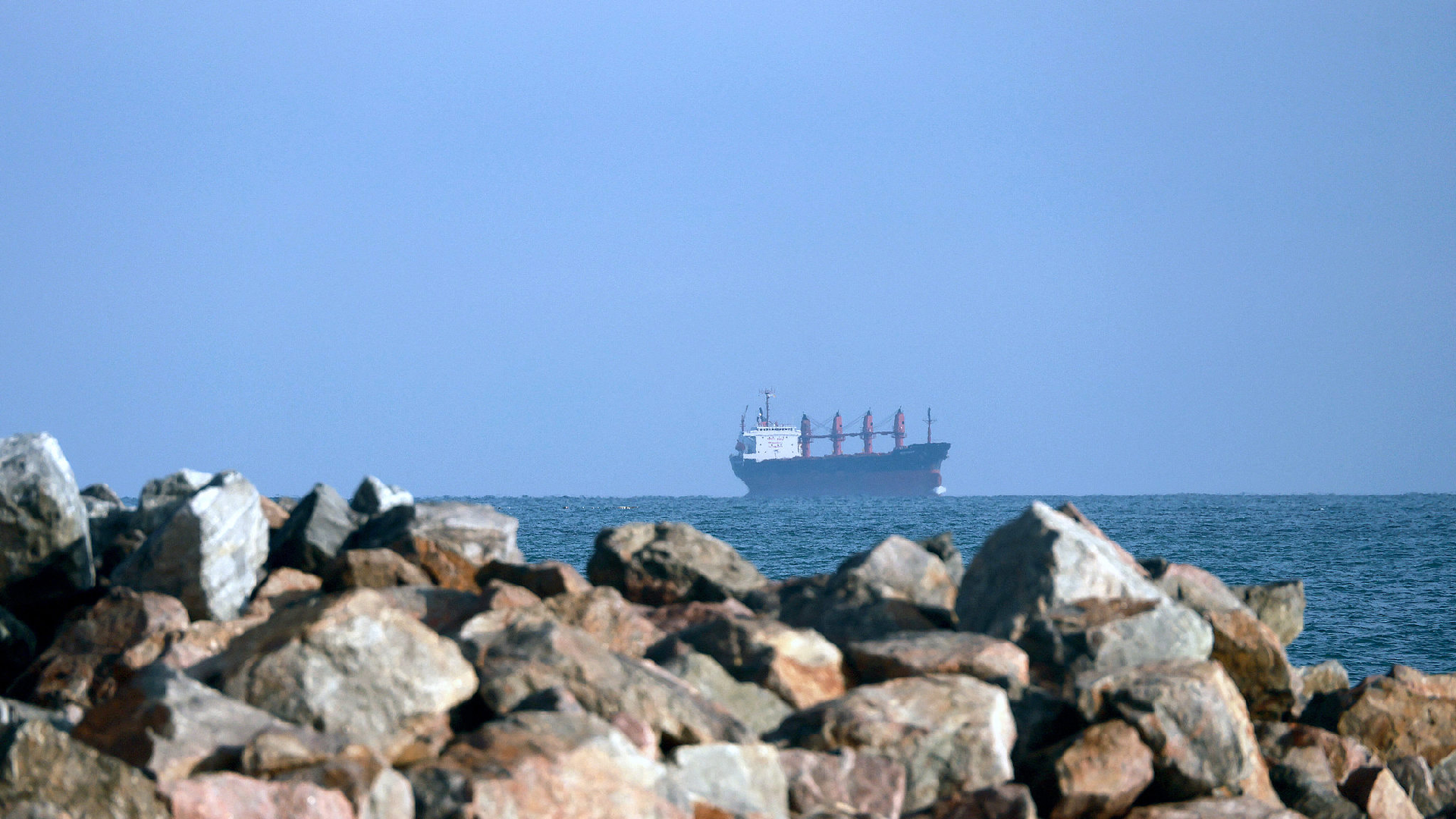Russia-Ukraine Dispute: Altering Worldwide Commodity Trade Patterns
The Russia-Ukraine conflict, regarded as the most severe geopolitical crisis of the 21st century, has significantly influenced global commodity prices and trade patterns.

The ongoing Russia-Ukraine conflict, now in its third year, has had a significant impact on political and economic landscapes worldwide. Geopolitics plays a crucial role in influencing global commodity prices and trading patterns. As the most intense geopolitical crisis of the 21st century, this conflict has reverberated through commodity markets globally.
The effects on commodity prices demonstrate distinct temporal characteristics. In 2022, the year hostilities erupted, major global commodities experienced price fluctuations exceeding 50%, with some witnessing spikes of over 150%. Research has found a positive correlation between changes in commodity prices and the intensification of the conflict.
From February 24, 2022, to March 30, 2024, every military engagement between Russia and Ukraine resulted in a 7.5% increase in natural gas prices in Europe and approximately a 2% rise in global oil and wheat prices. As the conflict appears to drag on, market participants’ expectations have adapted, leading to reduced sensitivity to the war's impacts. Consequently, the conflict's influence on commodity price volatility is lessening. While major commodity prices have gradually dropped, they remain relatively high compared to their levels before the conflict.
Price fluctuations also differ across regions and types of commodities. Global oil prices have been highly volatile across Europe, the Middle East, North America, and the Asia-Pacific. In 2022, the average price surged by around 50% compared to the previous year, only to see a slight decline in 2023, although still staying well above 2021 levels. Natural gas prices have shown marked regional differences; Europe has suffered the most, followed by Asia, while North America has felt the least impact. As of now, European natural gas prices have more than doubled since the onset of the conflict, with LNG prices in Asia rising by 50-70%. Although there have been slight drops in prices during 2023 and 2024, they are still elevated compared to pre-conflict levels. Other agricultural and mineral commodities have seen varying degrees of fluctuation, though their price increases have been less dramatic than those of energy commodities.
Another significant factor influencing commodity price fluctuations is the shift in trade flows. Economic sanctions imposed by the US, EU, and other nations on Russia and Belarus have led to declines in both export prices and volumes from these countries. As the EU has actively moved away from Russian energy imports, these commodities have been redirected to other markets, reshaping global supply-demand dynamics, particularly through US-Europe and Russia-Asia partnerships.
Moreover, Russia and Ukraine are vital suppliers in the global food market. The sanctions and ongoing conflict have severely disrupted logistics, leading to substantial short-term fluctuations in global food prices.
The Russia-Ukraine conflict has also transformed the investment landscape for commodities. Countries involved in the conflict, including Russia, Belarus, and Ukraine, have become significantly less attractive for foreign investment, raising concerns about their long-term supply capabilities. The surge and volatility in global commodity prices have prompted a shift towards alternative commodities and technologies.
Notably, there is an increasing interest in low-carbon and sustainable technologies from investors. This rise in investment is reshaping the global investment structure; investments in high-carbon energy sources are declining, while those in scarce metals are on the rise. This shift will have a substantial impact on price expectations and volatility in related commodities.
Jessica Kline for TROIB News
Find more stories on Business, Economy and Finance in TROIB business












